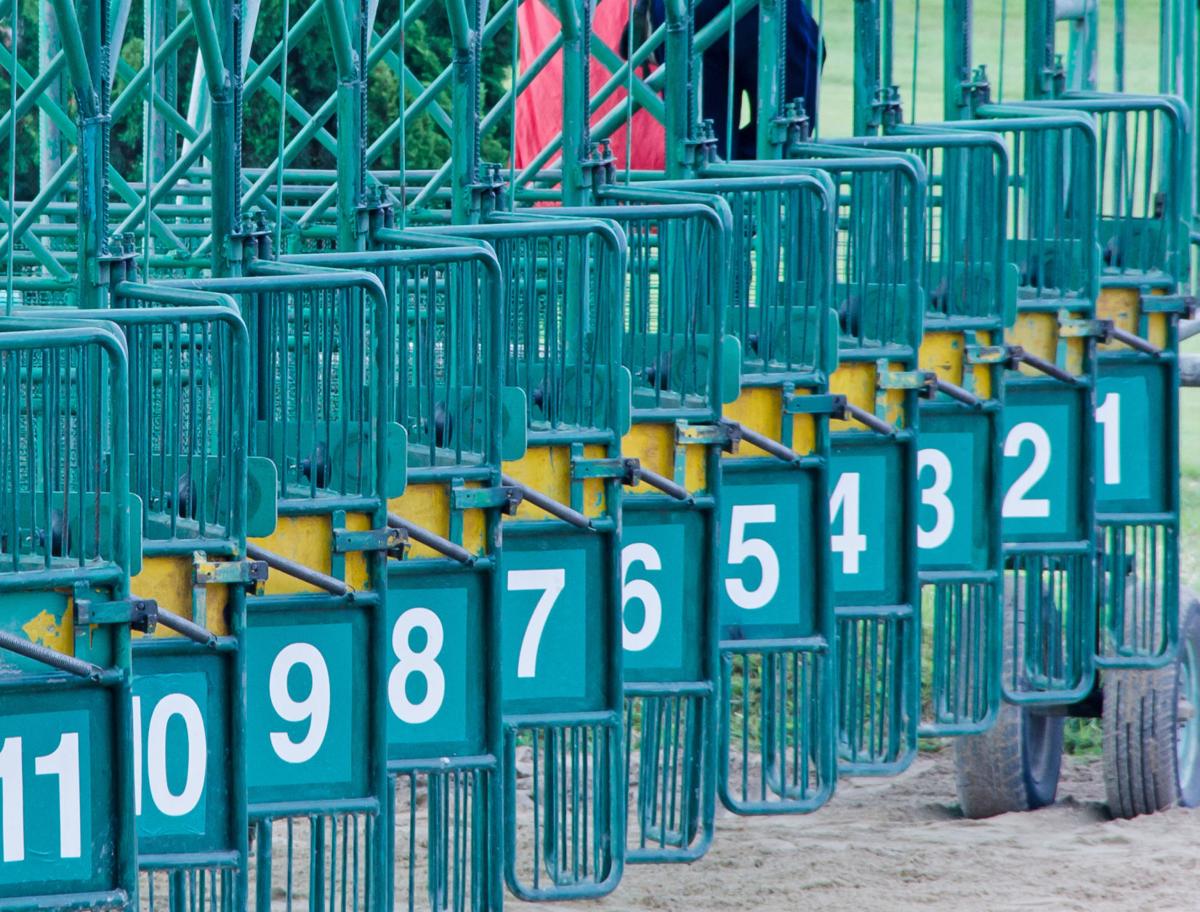PHOENIX – A federal appeals court won’t block enforcement of a law that requires companies that provide off-track betting signals to sell them to anyone who will buy then.
In a unanimous ruling, the 9th U.S. Circuit Court of Appeals rejected arguments by the attorney for Monarch Content Management that the Arizona Legislature had no right to enact the 2019 law. The judges said nothing in the state’s regulation of off-track betting signals conflicts with federal laws regulating horse racing and wagering.
The judges also rejected claims the statute interfered with the company’s First Amendment rights and its right to contract.
But it still does not mean the owners of Arizona Downs in Prescott Valley, who had pushed for the law, are getting the signals they want for its seven OTB sites. Instead, Monarch, faced with the all-or-nothing choice simply chose the latter.
Co-owner Tom Auther said that’s a victory.
“We have the same signal as Turf Paradise now,” Auther said, meaning Turf and its OTB sites no longer has the competitive advantage of being able to offer wagering on races not available to those going to the seven Arizona Downs OTB sites.
Monarch has provided OTB signals from multiple tracks to Turf Paradise in Phoenix and its OTB sites around the state for years. That includes access to betting pools for the races being broadcast and access to real-time odds and other betting information.
In 2018 the newly reopened Arizona Downs also sought access to the simulcast. Monarch agreed to send its signals to the Prescott Valley track but refused to provide it for the OTB sites.
At least part of the issue is that three of the Arizona Downs OTB sites are in the Phoenix area, potentially setting them up as competitors to the Turf OTB facilities.
Last year, however, lawmakers voted to force Monarch into that all-or-nothing situation: If it wants to do business with Turf Paradise, the law reads, it has to provide the same signals to anyone else who wants it.
It also gave the Arizona Racing Commission the authority to review any contracts to determine whether the fees are “excessive or unreasonable” by comparing it to what is charged to others and determining whether the practices are “anti-competitive or deceptive.”
Monarch sued to block the law. Thursday’s ruling denies a bid by Monarch to keep the state from enforcing it while it mounts further legal challenges.
Monarch sells the signals from the tracks owned by the Sonarch Group, Monarch’s parent company. That includes California’s Santa Anita Park and Gulfstream Park in Florida.
It also sells signals from other tracks its parent company does not own. And it sold the signals from the more than 130 days of live racing at Turf to other tracks.





